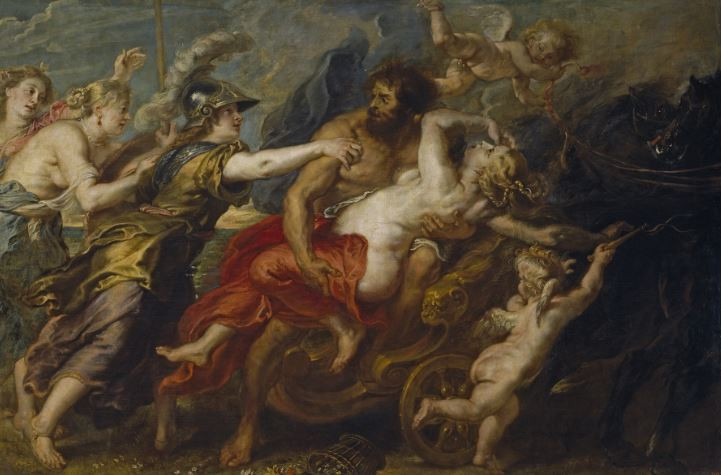On May 12, much of the world celebrates, once again, motherhood, selfless love, but above all, life itself, and we take a look back at the prehistory and establishment of “Mother’s Day” as we know it today
The second Sunday in May has been established as Mother’s Day. A day dedicated to motherhood and the bonds between mother and child, which is officially celebrated in various countries around the world, including Greece. A first class opportunity to honor all the mothers of this world, the fighters, the protectors, the stoic, selfless figures of our childhood and beyond. Those who made us smile, those who cried with us, created with us, who shared their entire existence with us, those who left too soon and those who felt the loss too soon.
The mothers who entered a boat to protect their child from war or poverty, those who with a strong will against darkness raise their children with their partners. Those who even if “gone” will be as if they are still holding our hand through the way they raised us, inspired us and taught us what unconditional love is. And so many more… So this year, on May 14th, we celebrate these women. But how was this particular celebration established?
Ancient times and the Middle Ages
Ancient Greece
Since ancient Greece, there have been celebrations in honor of motherhood, inextricably linked with religious worship. In the spring, the ancient Greeks honored Rhea, goddess of fertility and mother of the gods of Olympus. While, on the autumnal equinox, the annual festival of Thesmophoria, dedicated to the goddess Demeter, was held, with the participation of exclusively married women. A celebration centered on motherhood, where women mourned on behalf of the goddess, the loss of Persephone’s daughter who had been abducted by Hades and was now in the underworld.
Ancient Rome
In ancient Rome, numerous official festivals of a cultic nature were organized every year, the rituals of which were characterized by a latent form of theatricality. One of these festivals was held April 4 to 10 in honor of the Phrygian goddess Cybele, or “Great Mother,” as she was called. The celebration included a large procession of the statue of the goddess, as well as “ecstatic” dances, accompanied by flutes and drums.
Read more at monopoli.gr
Source: Skai
I have worked as a journalist for over 10 years, and my work has been featured on many different news websites. I am also an author, and my work has been published in several books. I specialize in opinion writing, and I often write about current events and controversial topics. I am a very well-rounded writer, and I have a lot of experience in different areas of journalism. I am a very hard worker, and I am always willing to put in the extra effort to get the job done.











